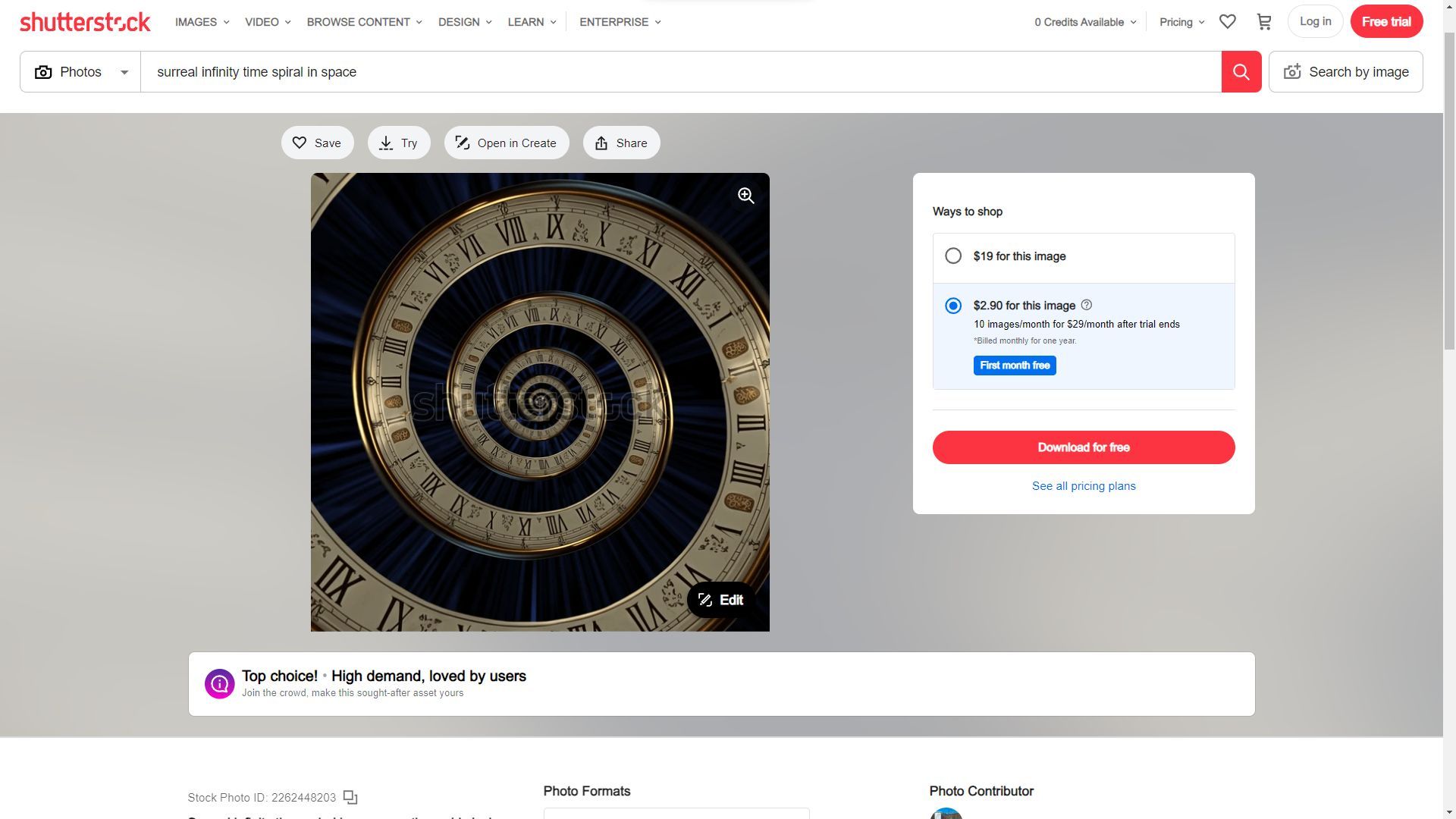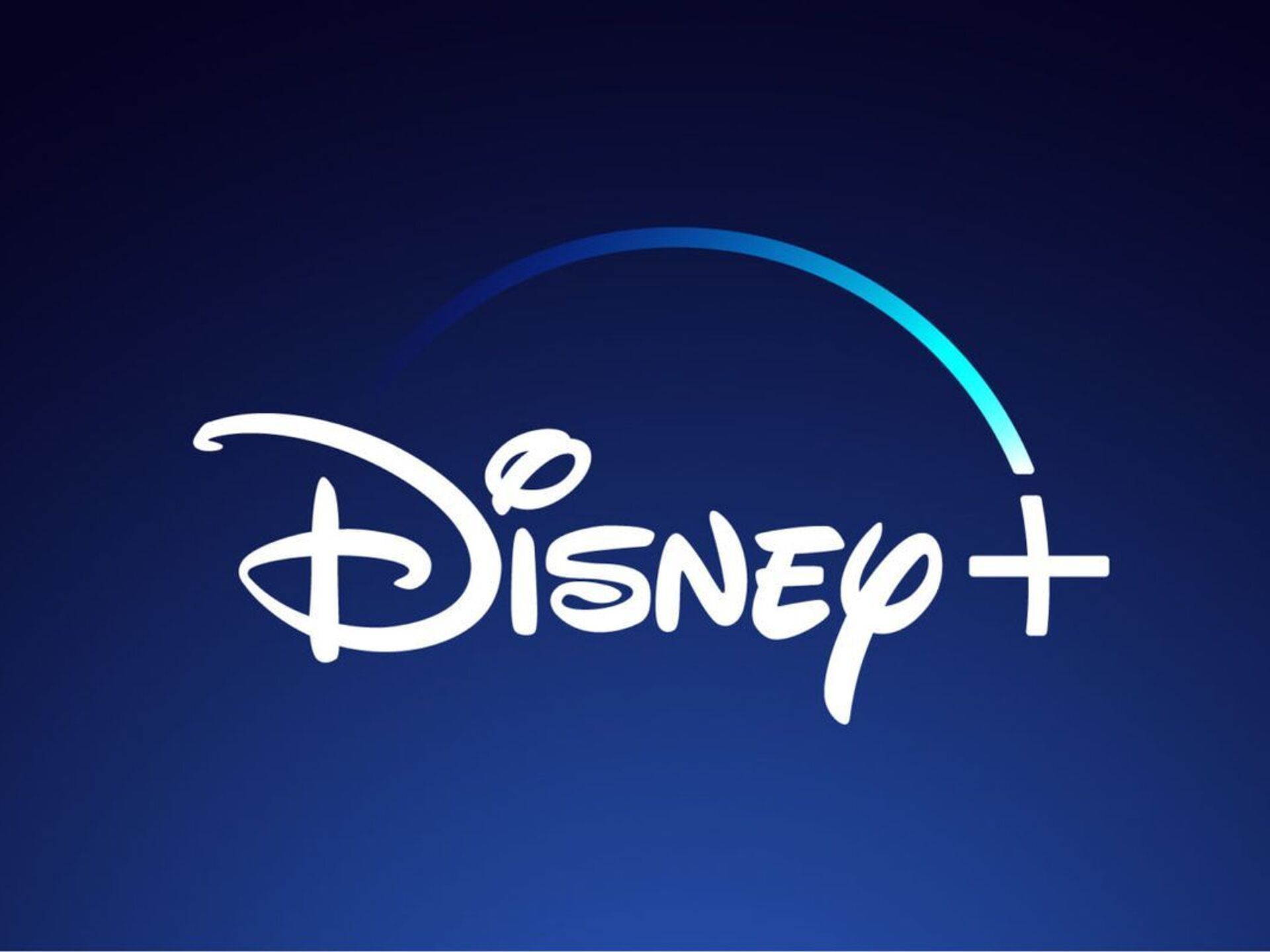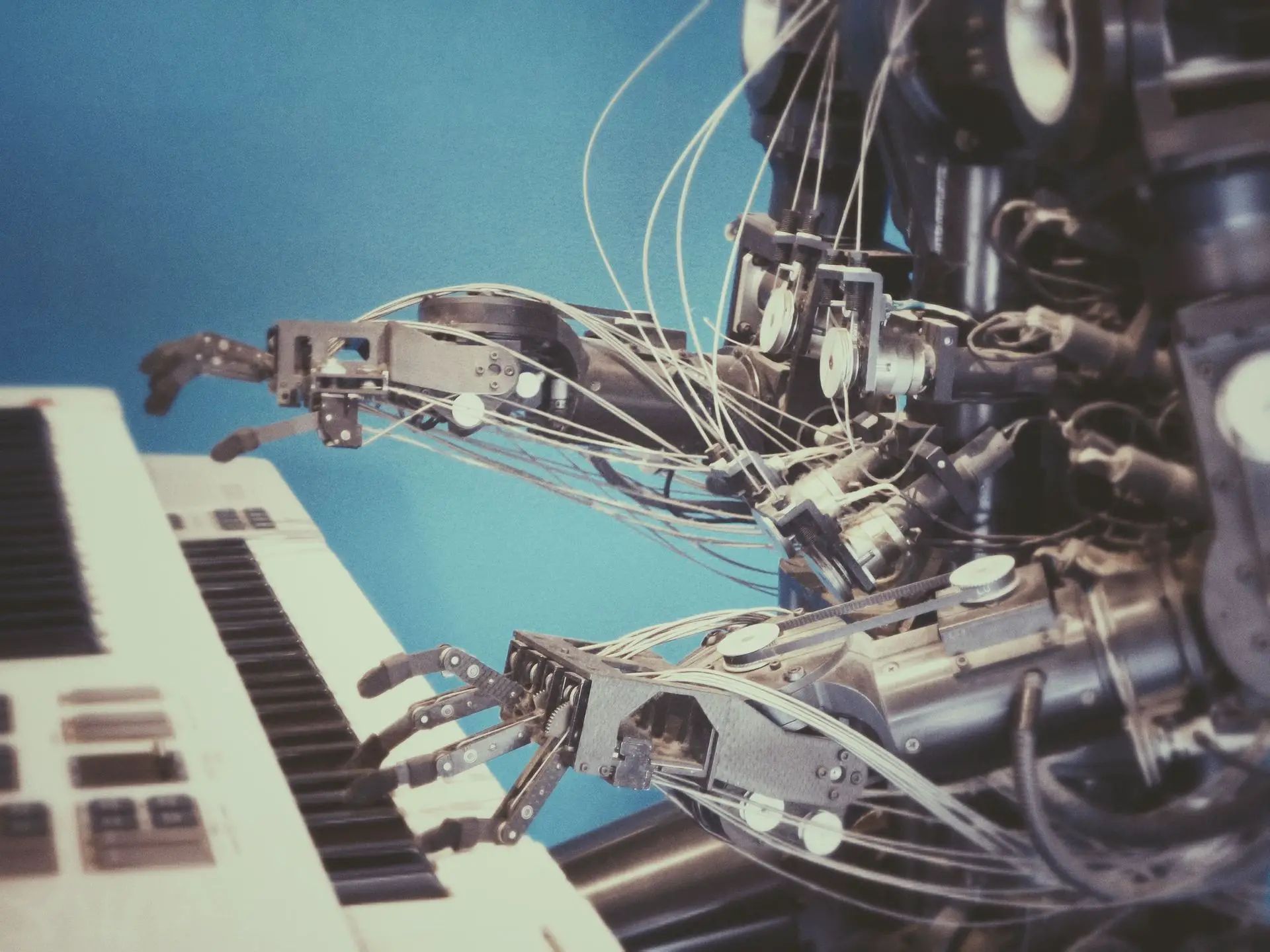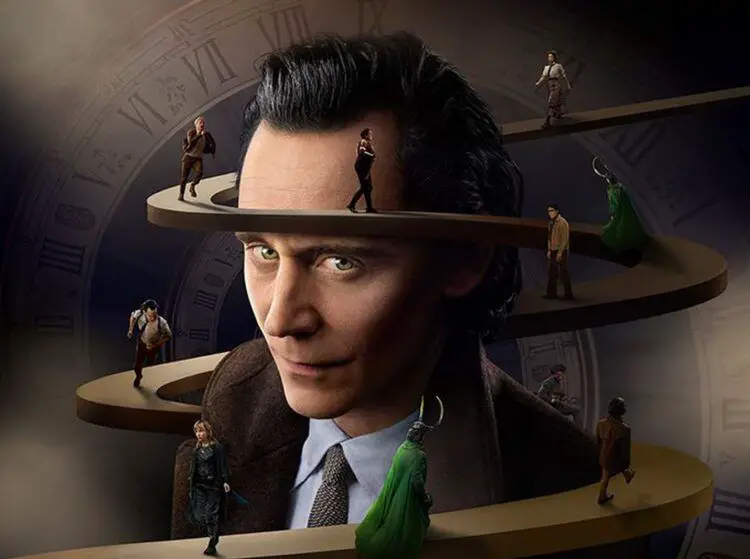In a surprising turn of events, a promotional Loki Season 2 AI poster has ignited a heated debate within the design community. Allegations suggest that generative AI played a significant role in its creation.
Illustrator Katria Raden pointed out telltale signs of AI involvement, such as seemingly random elements transforming into abstract squiggles in the background.
Madly disappointed they're using AI generated imagery to promote Loki. https://t.co/SFhWpQfWE7
— Katria (@katriaraden) October 3, 2023
The controversy of Loki Season 2 AI poster
This revelation has raised concerns about the ethical implications of using AI in the creative process, particularly when it comes to licensing and the potential replacement of human artists. Disney has faced similar backlash in the past, most notably in the Marvel series Secret Invasion, despite their assurance that AI tools were employed in tandem with human designers, not in lieu of them.
Shutterstock’s licensing
A keen-eyed group of users on X (formerly Twitter) noted that the background in the Loki Season 2 AI poster bears an uncanny resemblance to an image available on Shutterstock titled “Surreal Infinity Time Spiral Space Antique.” The stock image was uploaded this year, eliminating the possibility of it being too outdated to have been AI-generated. Furthermore, several AI image-checking algorithms flagged it as AI-generated, adding weight to the argument.

Shutterstock’s contributor guidelines expressly prohibit licensing AI-generated content unless it’s produced using their proprietary AI-image generator tool. This ensures that the platform can assert intellectual property ownership over all submitted content. Despite this, it remains unclear whether the time-spiral image violates these guidelines or what actions Shutterstock is taking to enforce them.
The ethical dilemma in creative industries
For many creative professionals, licensing their work on stock sites has been a crucial source of income. The prospect of replacing their creations with AI-generated imagery, built on systems accused of mass exploitation and wage theft, raises serious ethical questions. The move towards commercially viable AI-generated content by companies like Adobe and Getty further muddies the waters regarding content moderation and adherence to contributor rules.
The extent of generative AI’s involvement in the Loki Season 2 AI poster remains uncertain. Speculations abound regarding its potential use in manipulating elements like the miniaturized characters surrounding Tom Hiddleston’s Loki. Unfortunately, Disney has remained tight-lipped about the matter, neither confirming nor denying the use of AI or the licensing of the Shutterstock image.

While it’s possible that Disney may not have been aware of the AI-generated nature of the clock image used in Loki, the presence of discernible errors in the stock image is hard to overlook. This raises questions about Disney’s design and editing process, prompting a closer examination of their creative workflows.
The creative industry has witnessed a surge in AI-powered tools over the past year, aimed at simplifying design for those with limited experience. These tools, such as Adobe Firefly and Canva Magic Studio, cater to organizations seeking cost-effective ways to produce content at scale. As AI-generated stock imagery gains popularity, the concerns of creative professionals about the future of their industry become all the more pertinent.

Meanwhile, creators from various industries are fighting hard for the ethical use of AI in their fields and the assurance of human involvement. One of the latest developments in this matter was when Hollywood writers finally reached a deal with studios.
Featured image credit: LokiOfficial on X





